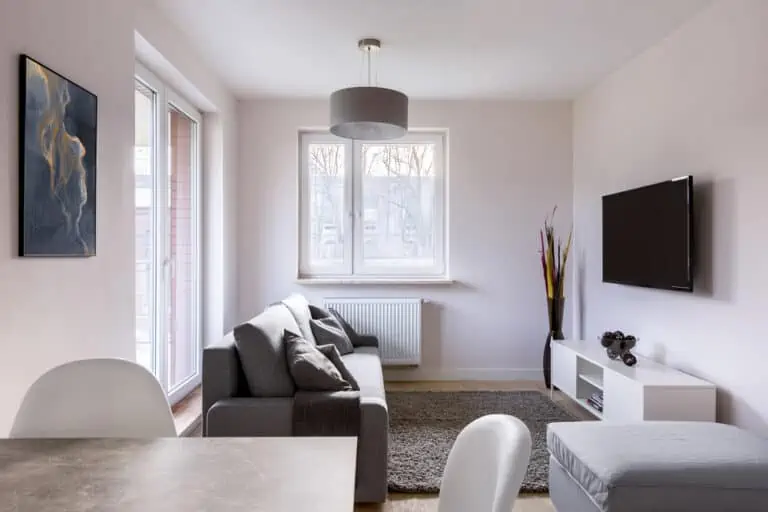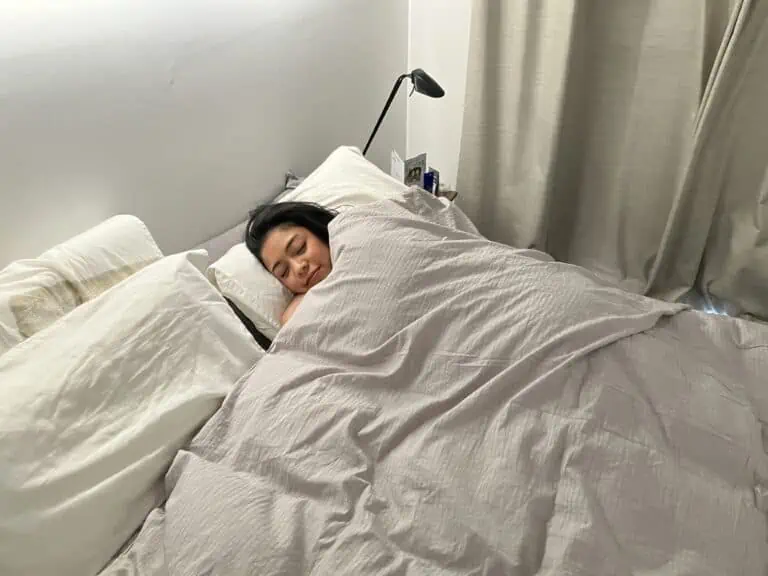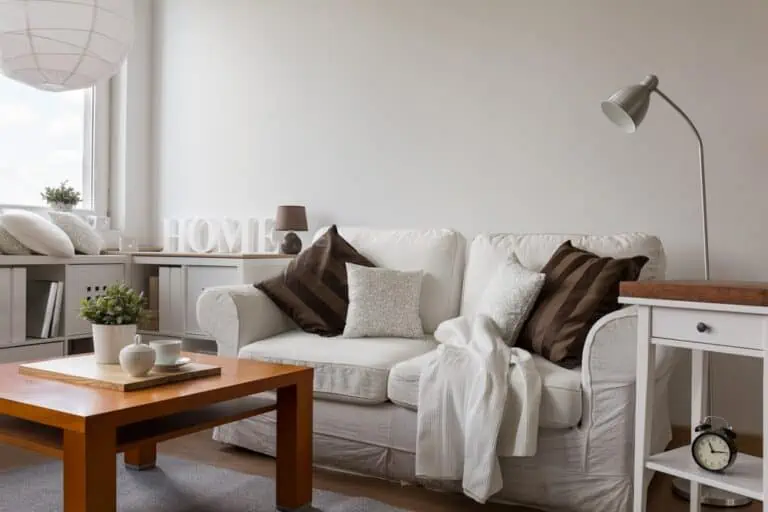5 Tips for Feeling at Home When You’re Constantly on the Move
Homebody Forever is reader-supported. We may receive a commission if you make a purchase through a link on this post.
As a homebody, I’m a big fan of structure, routine, and predictability. My husband and I always joke that as much as we enjoy our occasional nights out, our favorite part is always the going home part, where we change into comfortable clothes and enjoy a cup of chamomile tea over whatever Netflix show we’re watching at the time.
It’s a simple thing, but it always feels just that much better when we come home after doing non-homebody things. It’s like putting on freshly washed sheets (and coming home to freshly washed sheets after a night out? PURE BLISS.)
Anyway, I digress. This article isn’t about the things I find blissful but about how to re-create that sense of bliss when a home isn’t a physical location you can return to every day.
Before fully embracing my homebody nature, I spent a good chunk of my twenties moving around and sometimes not having a permanent address.

Looking back, I realized that part of why I could keep up this lifestyle for as long as I did was that I found ways to make myself feel at home, even when that definition was a little bit hazy.
Whether you’re a digital nomad or a jet-setting worker who sees planes and hotel rooms more than you see your actual home, following these tips can make whatever location you’re in feel like home.
1. A morning (or evening) routine
People love to tout morning (or evening) routines as a component of success or productivity. I used to be one of those people (you can find evidence of this here, here and here).
Several years later, I realized that it’s not necessarily about the routine, but the consistency and predictability that gives me a sense of comfort and groundedness when I don’t know what the day holds for me.
I start my day every morning with a cup of coffee and a ‘serious’ book that requires me to turn on my brain (non-fiction or the type of literary fiction that wins prizes or considered a ‘classic’).
And every evening, I end my day with a cup of non-caffeinated tea and a fiction book that I find comforting (for me, that’s typically romance or YA, but I know people who fall asleep to thrillers and fantasy novels).
No matter where I am, these two practices give me a sense of control over how I start and end my day, which is like leaving and returning to a physical home.
2. Display framed photos of your loved ones
No screensavers and photos on your iPhones don’t count. Digital photo frames can possibly work, although I’ve never personally tried it, so I can’t speak from experience.
There is something about putting some of your happiest moments scattered around your living space that adds warmth and personality to even the blandest (or coldest) of spaces.
Before becoming a full-time freelancer/entrepreneur, I experienced cubicle life and found that adding framed photos made a huge difference.
The same goes for when I was a digital nomad—Airbnb and hotel apartments can be so impersonal. Putting photos of my family and friends makes it less so.

3. Join an interest-based community
Notice I say interest and not vocation because feeling at home is about disconnecting from the outside world and being your own true self.
Part of that is engaging in activities you do purely for enjoyment. And when you do those activities with other people, the joy is just that much bigger.
I know that some people are lucky enough to have their interest be their vocation, but in my experience, your biggest source of joy can still turn into stress the moment it becomes the thing you rely on to make your living. And being at home is all about…not being stressed.
Now, there are benefits to joining a vocation-related community (I myself seek out entrepreneur/freelance/writer-related communities when I’m in a new place). But when I’m in these communities, I talk about work.
On the other hand, I’m less likely to talk about work when I’m in a book club or sweating my way at a run club/Muay Thai class. And being in a space that allows me to be more than just my work (with others) makes me feel at home.

4. Wake up and go to bed at the same time
Just as having a morning and evening routine is grounding for my mind, waking up and going to bed at the same time is grounding for my body.
When I think back of situations where I have felt restless almost 100% of the time it was because my sleep and wake-up time was all over the place. I’m less likely to hit the gym regularly or make good food choices when that happens. As a result, I get into a downward spiral of feeling uncomfortable in my body, no matter where I am.
Now, I get that this is not easy to do if your travels involve changing time zones on a regular basis. In this instance, just being intentional and trying your best can go a long way.
5. Remind yourself that ‘home’ is a state of mind (or where the heart is)
I can see you rolling your eyes at the heading, and I get it. When I first heard this phrase, I had the same reaction. But after spending my 20s and early 30s living in different countries and cities, I realized that location is not that significant.
Don’t get me wrong, living in a tiny apartment in an urban metropolis and a four-bedroom house in the suburbs don’t give me the same feeling. And there are infrastructure differences that improve my quality of life.
For starters, I’m more likely to feel at home in walkable cities than ones that require me to drive everywhere. (Because finding parking is a source of stress no one needs.)
But preferences aside, I’ve learned that feeling at home is a mental state as much as a physical one. As long as I have a comfortable place to, you know, live, it’s all about doing the things that I love every day with the people that I enjoy spending time with.
And if you have those things in your life, you might just discover you can feel at home no matter what part of the world you’re in.






